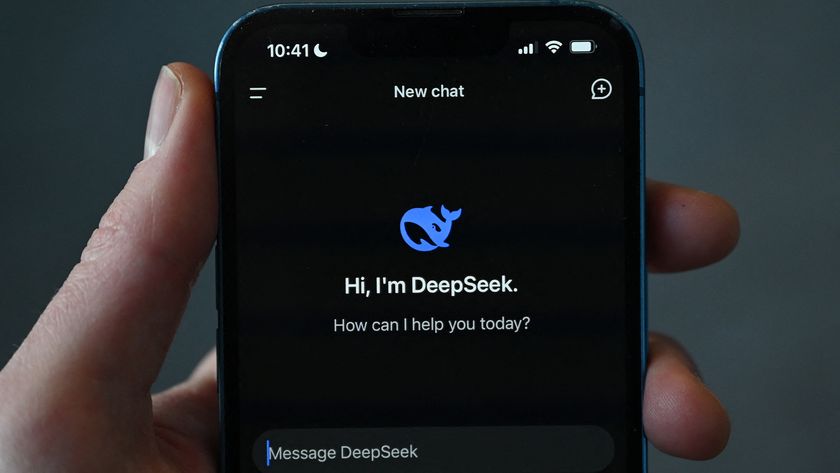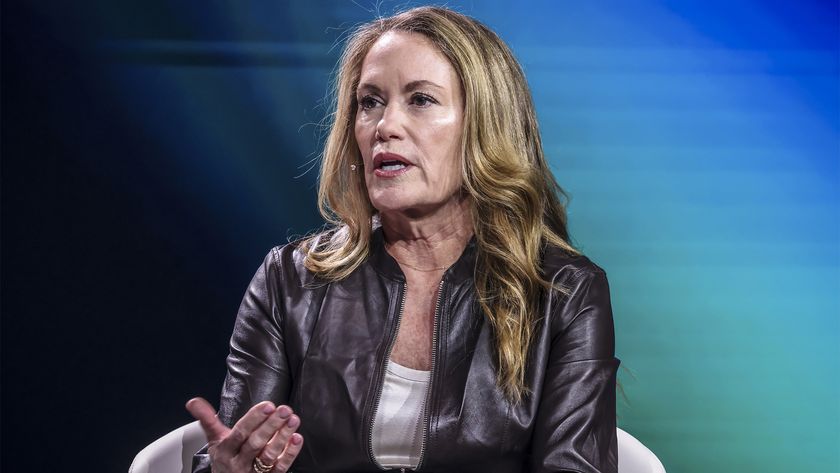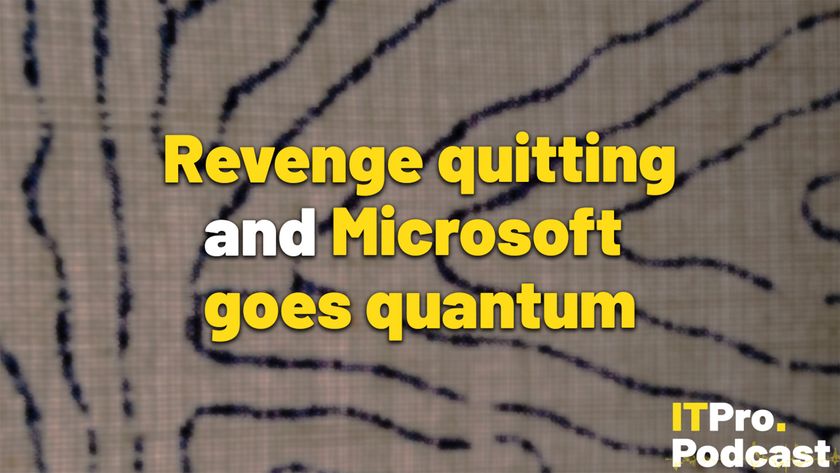Is RIM’s BlackBerry PlayBook fit for business?
RIM’s first tablet, the BlackBerry PlayBook, has arrived in the US and is destined for UK shores later this year. But in an increasingly iPad-dominated world, does it have what it takes to make a dent in Apple’s sales? We investigate...
Working on the PlayBook isn't designed to be like it is on the iPad RIM wants to differentiate itself from the crowd, pleasing both professional and consumer users alike.
IT PRO got a brief hands-on with the PlayBook back in February and found the UI to be innovative and extremely intuitive. RIM has also done a good job with the gesturing it makes navigation a breeze.
However, the whizzy new UI may pose a problem for enterprise users, according to Gartner analyst Carolina Milanesi.
"QNX is a new platform that enterprises will have to learn to use, as it's a lot different to what's currently available on BlackBerry handsets," she said.
On a more positive note, the PlayBook's UI isn't just another Android/iOS wannabe. RIM has clearly thought about the working environment and how to make it as productive as possible. It's not quite as straightforward as iOS, but the PlayBook's UI does have one major advantage over the iPad: it looks and feels like it is built for multitasking.
BlackBerry Bridge
BlackBerry Bridge is a brilliant tool, especially for businesses. Not only does it allow easy communication via Bluetooth between two BlackBerry devices, but it also pairs the devices so you can view content such as apps, mail, contacts and documents, from your smartphone on the PlayBook.
Get the ITPro. daily newsletter
Receive our latest news, industry updates, featured resources and more. Sign up today to receive our FREE report on AI cyber crime & security - newly updated for 2024.
This is something that Milanesi says will stop the PlayBook "cannibalising RIM's smartphone devices" as the two will work together as a unit rather than independently or at odds.
While this is a great feature to have at your disposal, it also highlights one massive flaw in the PlayBook: there are no native apps for email, contacts, calendar, memos, or tasks aboard at present.
Nevertheless, RIM has confirmed that these features will be coming to the PlayBook via a free update in a few months. Unfortunately for RIM though, the damage has already been done for some. Indeed, the New York Times' David Pogue didn't pull any punches when giving his assessment of the PlayBook.
"The PlayBook, then, is convenient, fast and coherently designed. But in its current half-baked form, it seems almost silly to try to assess it, let alone buy it," Pogue wrote.
"Remember, the primary competition is an iPad the same price, but much thinner, much bigger screen and a library of 300,000 apps. In that light, does it make sense to buy a fledgling tablet with no built-in email or calendar, no cellular connection, no videochat, no Skype, no Notes app, no GPS app, no videochat, no Pandora radio and no Angry Birds?"
Security
RIM has always been lauded for its superior platform security. Because of this, many businesses "simply will not use anybody else" according to Milanesi.
"Apple is becoming widely deployed and the latest releases of iOS have addressed many of the security concerns associated with earlier iterations of iOS," Milanesi added.
"The iPad was pretty much ready for enterprise when it first started shipping the learning curve took place on the iPhone. Nevertheless, for some businesses BlackBerry will be first choice simply because of the server service they offer and the secure end points."
Another key aspect of the PlayBook, according to RIM, is that it allows IT departments to implement secure access to business applications, such as Flash-enabled dashboards from SAP BusinessObjects Explorer. The ability to control security without having to lock down devices sounds like the holy grail for most IT managers, so this is likely to have great appeal.
In this sense, RIM has quite an advantage over Apple with its longstanding commitment to security and enterprise use. But is it enough to stop Apple's iPad avalanche? Time will tell, but early indications from firms like Gartner don't seem to think so QNX is predicted to procure just 10 per cent of the tablet market by 2015.
Despite this, the BlackBerry PlayBook has a lot going for it especially in the corporate world.
"The performance of the operating system seems impressive. It's great for multitasking with CPU-intensive applications," added Milanesi.
"And when you combine this with RIM's track record with security and its general brand-footprint in the corporate sector, it's easy to see why a lot of businesses will be attracted by the prospect of a BlackBerry tablet."
All in all, the PlayBook seems to make a good impression in terms of what it's bringing to the market hardware, a new operating system, size, design and processing power.
A lack of 3G connectivity, a poorly stocked app store, no native core applications aboard the device and the fact that no one is really sure just how good battery life will be on the PlayBook might all prove to be valid concerns for business users. Until these are addressed, they might well serve as big adoption barriers.
Once these issues are remedied though, Apple et al could have a serious contender on their hands. Until then, it looks like the device might just be best suited to use inside corporate institutions that have good Wi-Fi networks and are happy to always have both their BlackBerry smartphones and PlayBooks together.
















